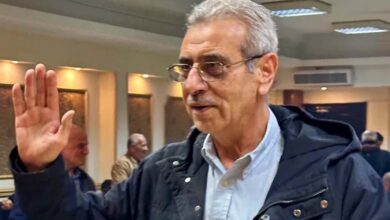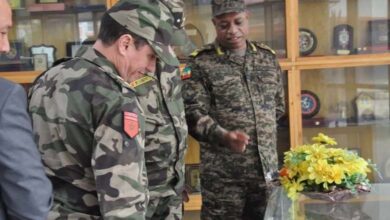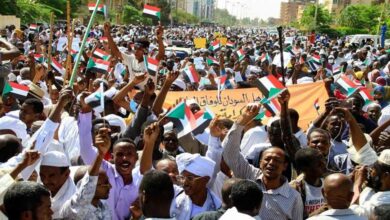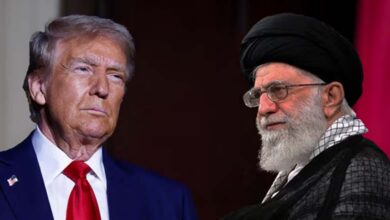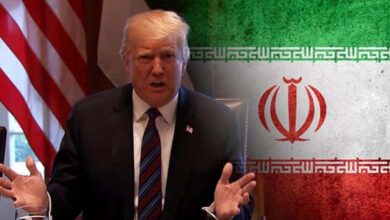United Nations Advances Political Solution in Libya with Appointment of Swedish Richardson
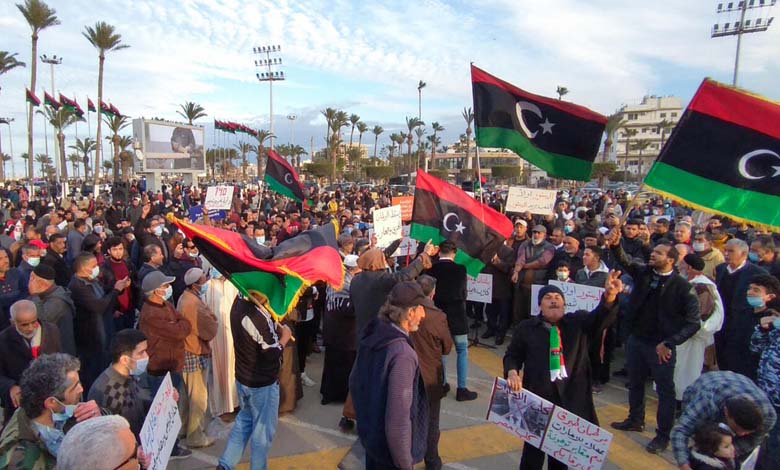
The appointment of Richardson as Resident Coordinator in Libya reflects the UN’s determination to adopt a comprehensive approach in the country, combining political resolution with addressing humanitarian and economic issues.
United Nations Secretary-General Antonio Guterres appointed Swedish national Ingeborg Ulrika Olofsdotter Richardson on Friday as the new Deputy to his Special Representative in Libya and Resident Coordinator in the country.
-
International concern over the continuation of the political impasse in Libya – What are the solutions?
-
Washington pressures Libyan institutions accused of obstructing political solution
This appointment comes at a critical juncture, as the mission faces complex political and security challenges, and Special Representative Hanna Tetteh prepares to present an ambitious roadmap to the Security Council.
The decision represents a strategic step by the UN to restructure its team, aiming to overcome entrenched obstacles and find decisive solutions to end political division and ongoing conflicts.
Richardson succeeds Ines Shamma from Zimbabwe, whom the Secretary-General thanked for her dedicated service during the past period, according to the “UN News” website.
-
Political and economic solution to Libyan crisis at Biden-Al-Menfi table
-
Tetteh Identifies Key Obstacles to Resolving Libya’s Political Deadlock
Richardson brings over 30 years of experience in development, humanitarian aid, post-conflict recovery, and human rights, having worked with the UN in various regions including West and Central Africa, the Caribbean, the Western Balkans, and Southeastern Europe.
She previously served as Deputy Special Representative of the UN Integrated Office in Haiti, Resident Coordinator and Humanitarian Coordinator in Haiti since 2022, and before that Resident Coordinator in Kosovo, where she closely worked with the UN Interim Administration Mission in Kosovo.
This diverse operational background qualifies her to handle Libya’s complex landscape, where humanitarian and development issues intertwine with political and security crises.
-
International Interface or Political Islam Tool? UN Mission in Libya Accused of Backing the Muslim Brotherhood
-
Tetteh set to present comprehensive roadmap on Libyan elections to the UN Security Council
Richardson holds a Master’s degree in Development Economics from the University of Gothenburg and a Bachelor’s degree in Social Sciences from Lund University in Sweden.
In addition to her native Swedish, Richardson is fluent in English, French, Portuguese, and Spanish.
This appointment complements Guterres’ efforts to appoint a new leadership team for the mission, following the January appointment of Hanna Tetteh as Special Representative and Head of the UN mission in Libya.
The appointment is seen as a revitalization and a fresh approach to the UN mission’s work, which has faced criticism over its inability to make tangible progress in resolving the Libyan crisis.
-
Al-Mishri Denies New Session to Elect Head of Libya’s High Council of State
-
Counterfeit Billions in Libya Prompt Dbeibah to Demand Immediate Investigation
Richardson’s expertise in coordinating humanitarian and development affairs indicates the UN’s aim to adopt a holistic approach, not limited to political solutions but also addressing the root causes of the crisis such as sustainable development and reconstruction.
The appointment coincides with Tetteh’s preparation to present a roadmap to the Security Council on August 21. During her visit to Italy last Monday, she unveiled the outlines of her plan based on a “bottom-up social approach” aiming to build political solution legitimacy from grassroots up to the political apex, marking a shift from previous attempts focused on elite negotiations.
This roadmap draws its legitimacy from extensive consultations conducted by the mission with Libyan community components and a survey involving over 15,000 citizens, in an effort to move beyond the “top-down imposition of solutions.”
-
Accusations of Bias Target UN Mission in Libya
-
Dbeibeh Unveils Political Initiative with Three Tracks to Contain Public Anger
However, this ambitious approach faces significant obstacles acknowledged by Tetteh herself, including the absence of a unified financial policy, the collapse of the central banking institution, and the widespread presence of foreign mercenaries in eastern and western Libya.
This contrast between the proposed grassroots approach and the complex ground reality threatens to undermine the roadmap before its birth, as a sustainable political solution is impossible without unified financial authority and amidst security chaos fueled by militias and mercenaries.
-
The Smoke of Tripoli Clashes Still Rises: Political Economic and Security Repercussions
-
Libya: Dbeibeh Uses Religion and Wealth to Cling to Power as Protesters Intensify Pressure
Hence, Richardson’s role in coordinating humanitarian and development affairs is crucial, as her work in these areas may complement political efforts. By addressing economic and humanitarian issues, the mission can build bridges of trust with Libyans and create a more conducive environment for political dialogue. Nevertheless, the mission’s success depends on its ability to reconcile these conflicting goals and find real solutions to security and financial obstacles blocking progress toward reconciliation and elections.
The Libyan crisis has continued since 2022 with two rival governments: the Government of National Unity, led by Abdelhamid Dbeibeh, whose mandate has expired and based in Tripoli; and a parliament-appointed government controlling the east and some southern cities, headed by Osama Hamad.
-
Salvation Friday: Libyans Hold Their Breath Amid Fears of Militia Chaos
-
Where is Western Libya Heading? Open Scenarios for the Future of the Conflict
The UN mission seeks to bring the country to elections that would end the successive transitional periods. The appointment of Richardson and her extensive expertise reflect the UN’s determination to intensify efforts, but success largely depends on the new team’s capacity to face the enormous challenges posed by Libya’s complex reality.


